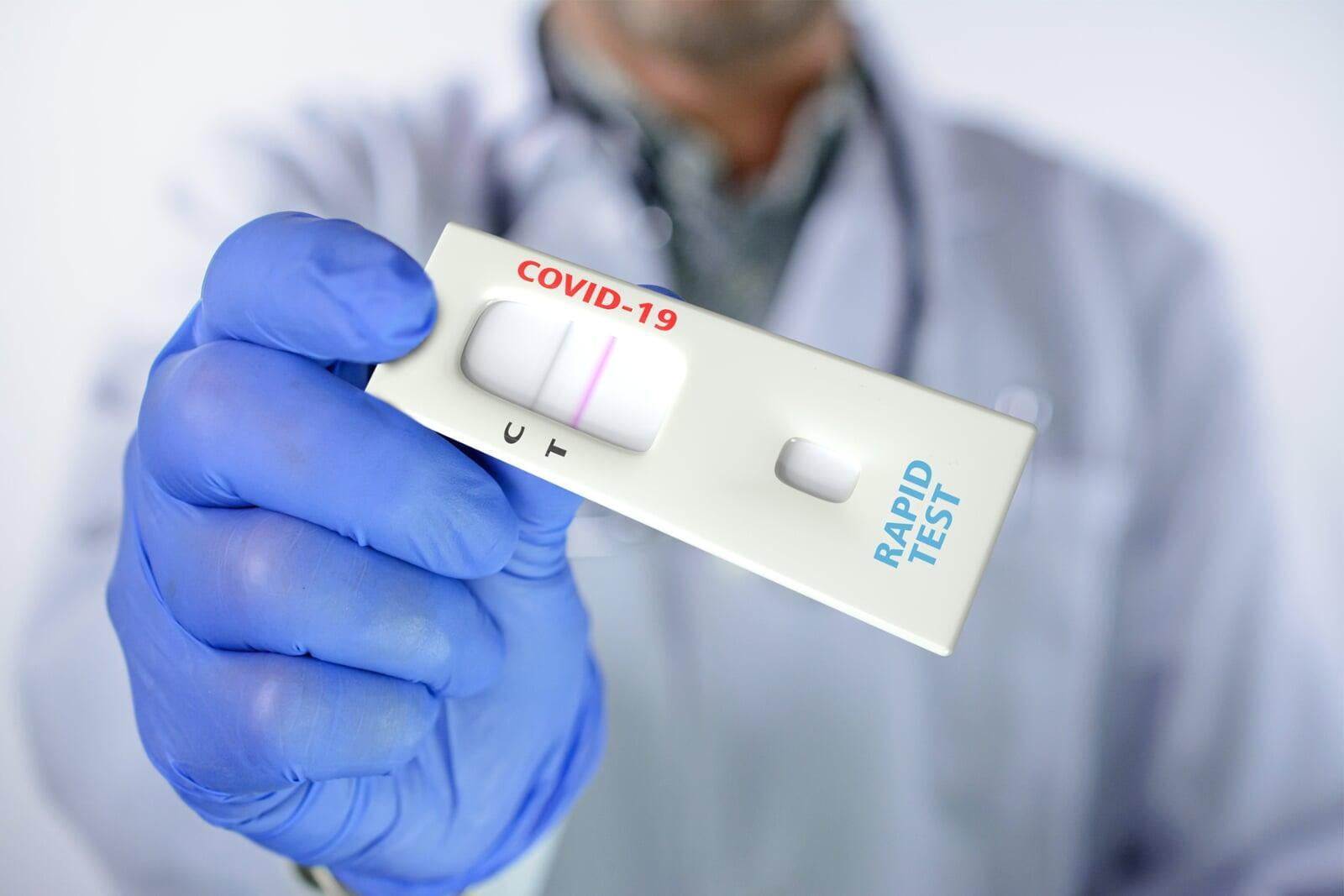Having lived with the pandemic for close to 18 months now, we are well aware of the havoc it has wreaked, upsetting the lives of millions across the globe. Some of us may even have taken our first or even second vaccination shot thereby protecting us against certain strains of COVID-19. It might be tempting to think that with the number of cases waning, testing might become superfluous. However, experts note that the need for swift, yet reliable testing immensely helps keeps infections at bay. This is where rapid COVID-19 tests come in handy – by providing a bulwark against a fraying healthcare system.
What Is a Rapid COVID-19 Test?
A rapid test is more accurately referred to as an antigen rapid test. This test works by identifying proteins and enzymes that are specific to COVID-19. These proteins are collected via a nasal swab after which the sample is placed in a small tube with certain chemicals. This is then smeared onto a piece of paper that will indicate the presence of the virus with a band, much like a pregnancy test. This entire process will take a minimum of 15 minutes and should not exceed 30 minutes.
Who Should Do the Rapid COVID-19 Test?
Depending on where you live, rapid COVID-19 tests are available over the counter to anyone who wishes to get tested. If you suspect that you may be showing symptoms of COVID-19 namely a fever, cough, runny nose, body aches and no sense of smell, amongst others, it is advisable to first contact your healthcare provider. If that is not an option, these rapid COVID-19 tests are a good way to check for yourself quickly. If not, you could always avail of the more robust PCR tests which are touted as the gold standard.
How Are They Different From the Traditional PCR Tests?
There are a few key differences between the PCR tests and the rapid COVID-19 tests: the molecules that are being tested, the method of testing as well as the speed and accuracy of the results. The PCR test works by detecting genetic material, namely RNA of the COVID-19 virus. On the other hand, rapid antigen tests identify proteins made by the RNA. For PCR tests, the sample is sent to a lab where the samples are tested with specialized equipment. Subsequently, results come within 24 to 48 hours. This is in stark contrast to the antigen rapid tests which can be conducted anywhere, including at home but take a comparatively shorter time frame of 15 minutes. Finally, PCR tests are nearly 100% accurate while the antigen tests are not as sensitive.
How Reliable Are the Results?
It is true that the antigen rapid tests do produce false-negative results, but it is considered to be the case less than 10% of the time. Depending on the brand being used, there are clinical studies that show false negatives at less than 5%. There are other factors other than test brand that can affect the overall Sensitivity of the test results, such as but not limited to, depth and quality of sample collection, and how many days from exposure the test was taken. However, if you have been showing symptoms of COVID-19 within 7 days, the accuracy of the test to detect the virus increases.
To find out more about rapid COVID-19 tests, contact us today for more information.


